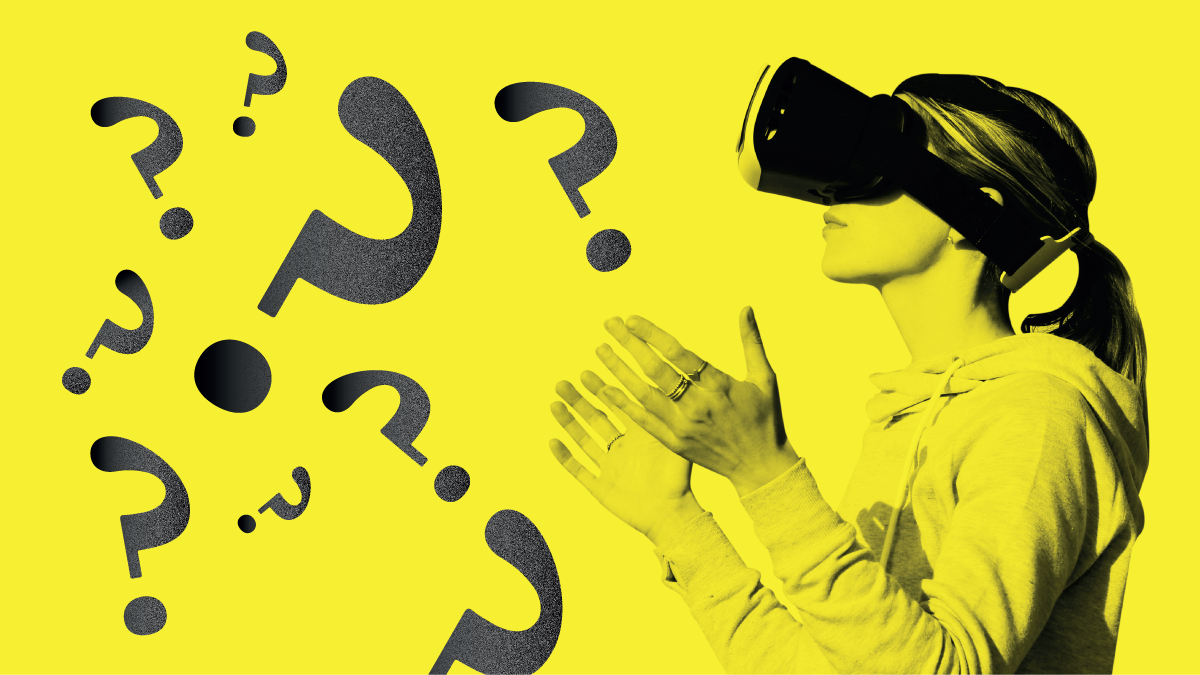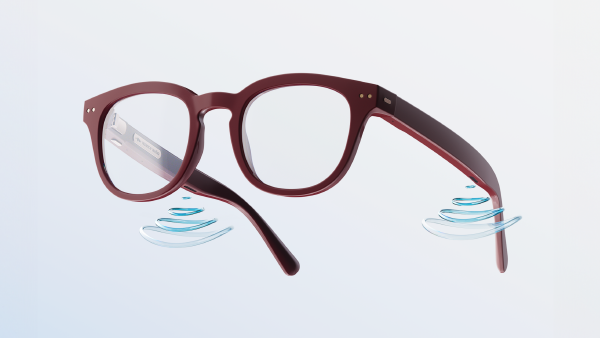Approaching Ethical Questions of Smart Wearables
Exploring the implications of future smart wearables
The Apple Vision Pro, released earlier this year, offered a glimpse – albeit a flawed one – into the future of technology and content interaction. The head-mounted display is equipped with a passthrough mode that shows real-world surroundings on the device’s internal screens via built-in cameras, as well as virtual elements like expansive movie screens and 3D objects on conjoined high-resolution micro OLED displays. There are few who wouldn’t describe the Apple Vision Pro as the pinnacle of headset technology. And yet the initial wave of excitement and media coverage it engendered has mostly abated, without real consideration of the ethical implications that it, and other smart wearables, pose.
Prior to the release of Apple’s headset, several tech critics had voiced serious concerns about the integration of immersive technologies into daily life. “Among other things, one of the most prominent worries was the impact these devices might have on us as human beings,” says Max Tretter, research assistant at the Chair of Systematic Theology (Ethics), Friedrich-Alexander-Universität Erlangen-Nürnberg, Germany (FAU Erlangen-Nürnberg). “This includes our relationships with one another and how we would interact with the world if wearing head-mounted displays became the norm in public.”
Society has long been wary of the impact technology could have on both our humanity and relationship with the world – a term Tretter refers to as “technological dehumanization.” But these concerns are often overstated. As Michael Hahn, research assistant at the Chair of Systematic Theology (Ethics) at FAU Erlangen-Nürnberg, explains: “It is important to recognize that technology has always been a core part of our lives, constantly influencing how we relate to one another and to the world around us.” But, of course, “head-mounted displays aren’t commonly worn in public places despite the initial hype around Apple Vision Pro.”
This does not mean that devices like the Apple Vision Pro cannot present real risks, however. “A key issue is the vast amounts of personal data these devices can collect,” says Tretter. “This introduces the possibility of surveillance creeping further into our daily lives, wherever these devices are used, leading to a continued erosion of privacy.” Data, in this regard, can be analyzed, sold, and monetized – what Shoshana Zuboff has aptly termed “surveillance capitalism.”
Widespread issues like privacy, surveillance, accessibility, discrimination, and justice are areas that will require thoughtful integration in the future. “Looking back, it is clear that while the release of the Apple Vision Pro triggered a burst of short-term hype, the broader conversation around smart eyewear and its role in everyday life has seen little change from our perspective,” Hahn explains. Both researchers agree that ethical considerations must be at the forefront of future smart glasses development, and that this should not be viewed as a barrier. On the contrary, ethical considerations should be as intrinsic to the design process as the technology itself – especially given the impact it can have on people’s lives.
For more information, feel free to read Tretter and Hahn’s paper.
The New Optometrist Newsletter
Permission Statement
By opting-in, you agree to receive email communications from The New Optometrist. You will stay up-to-date with optometry content, news, events and sponsors information.
You can view our privacy policy here
Most Popular
Sign up to The New Optometrist Updates
Permission Statement
By opting-in, you agree to receive email communications from The New Optometrist. You will stay up-to-date with optometry content, news, events and sponsors information.
You can view our privacy policy here
Sign up to The New Optometrist Updates
Permission Statement
By opting-in, you agree to receive email communications from The New Optometrist. You will stay up-to-date with optometry content, news, events and sponsors information.
You can view our privacy policy here







